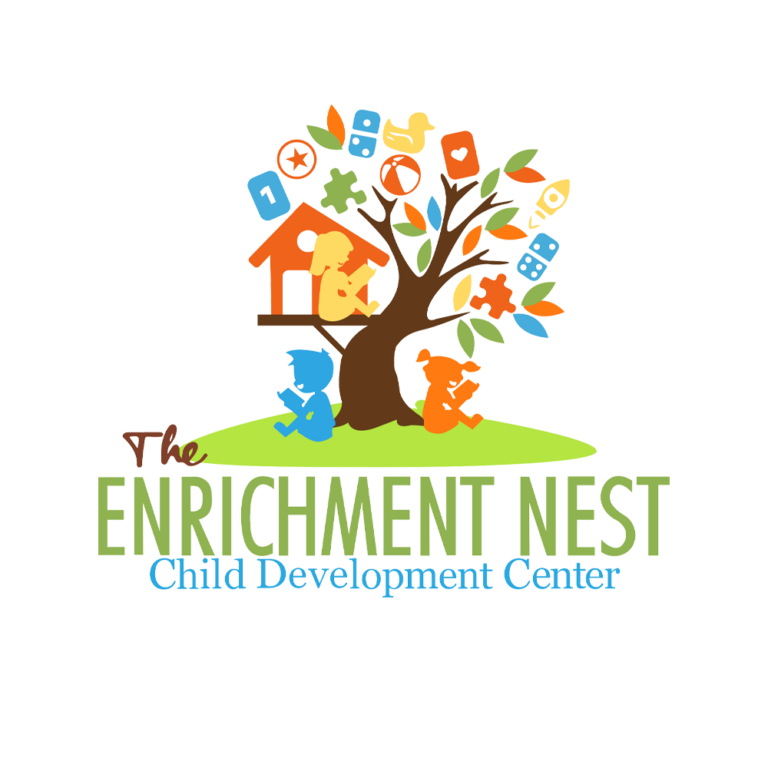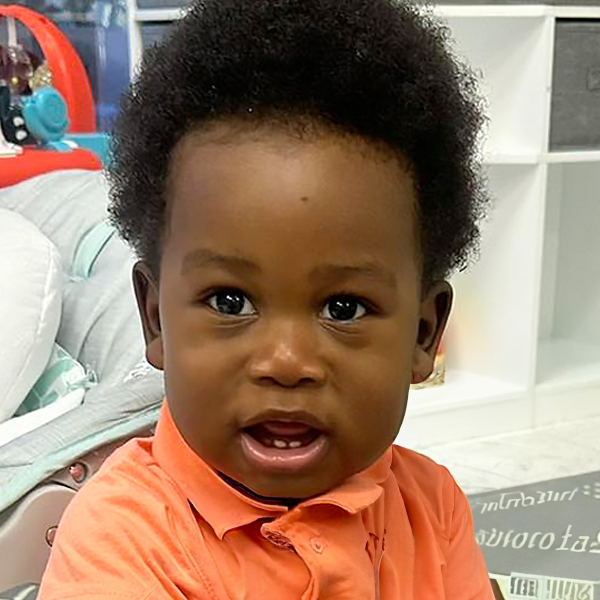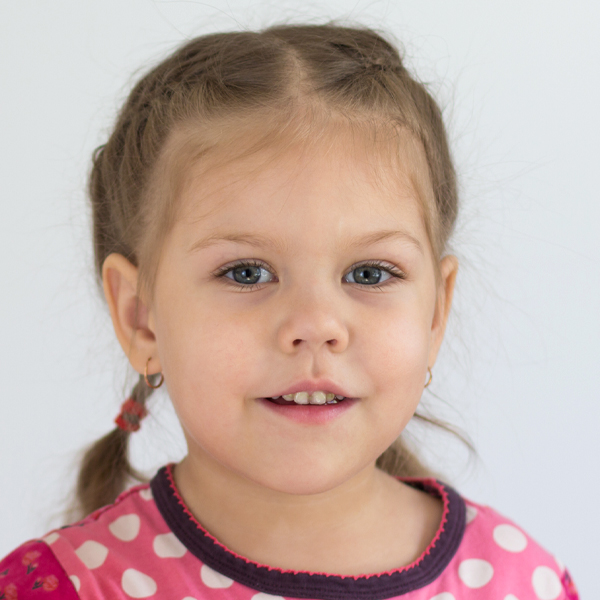In the journey of nurturing infants, the significance of social and emotional activities cannot be overstated. While infants might not communicate verbally, they are deeply attuned to the world around them, especially to the emotional cues of their caregivers. Engaging in intentional activities that foster social interaction and emotional development can have profound effects on their overall well-being and future growth.
Building Bonds through Interaction
One of the primary benefits of social activities for infants is the opportunity to bond with their caregivers. Simple interactions like making eye contact, smiling, and talking to your baby help create a secure attachment, which forms the foundation for healthy emotional development. When caregivers respond consistently to their infant’s cues and signals, it fosters a sense of trust and security, laying the groundwork for healthy relationships later in life.
Emotional Regulation and Expression
Infants experience a wide range of emotions, from joy and excitement to frustration and distress. Engaging in activities that acknowledge and validate these emotions can help infants learn to regulate their feelings and express themselves in healthy ways. Singing soothing lullabies, gentle rocking, and offering comfort when they are upset teaches infants that their emotions are understood and accepted, fostering emotional resilience from an early age.
Exploring the World Together
Social activities provide infants with valuable opportunities for exploration and learning. Through interactive games like peek-a-boo, playing with toys, or imitating facial expressions, infants develop essential cognitive skills while also strengthening their social connections. These activities stimulate their senses, promote curiosity, and encourage active engagement with the world around them, laying the groundwork for future learning and development.
Enhancing Language Development
Social interactions play a crucial role in language acquisition during infancy. By engaging in conversations, singing songs, and reading books together, caregivers expose infants to language patterns and vocabulary, fostering early language development. Research has shown that babies who experience rich language environments from an early age are more likely to develop strong communication skills later in life, giving them a valuable foundation for academic success and social interaction. Hold your child close and make soft sounds. This will help your child know that you are always there and that you love him / her. Play Peekaboo and Pat- a- cake with your baby. Be playful, have fun, and laugh with your baby.
In conclusion, incorporating social and emotional activities into daily routines can have profound benefits for infants’ overall development and well-being. By nurturing secure attachments, supporting emotional regulation, promoting exploration, and enhancing language development, caregivers play a vital role in laying the foundation for their infant’s future success and happiness. As we engage with our little ones in these meaningful ways, we not only strengthen our bond with them but also empower them to thrive in a world full of love and connection. The Enrichment Nest strives to re-inforce these activities while your child is in our care, and we encourage you as a parent to engage in these activities also.
So, let’s cherish these precious moments, knowing that every smile, cuddle, and conversation is shaping the beautiful journey of our infants’ lives.






